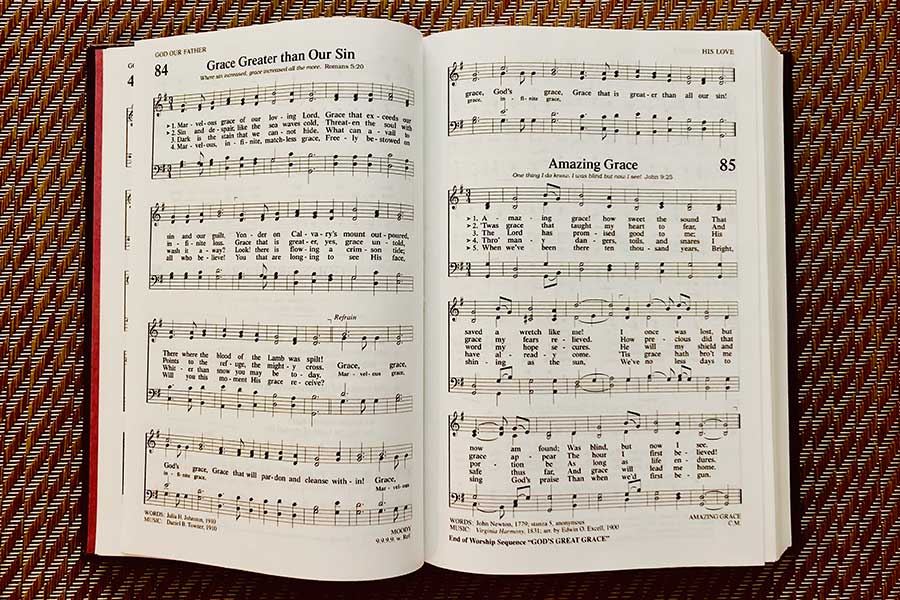 By Lee Hamilton
By Lee Hamilton
The Trump Administration, like its predecessors, has shown an apparent appetite for the use of force overseas. The “mother of all bombs” dropped on Syrian troops, saber-rattling toward North Korea, deployments of U.S. forces in 10 or more countries — all of this suggests a growing comfort with the idea of putting our troops in dangerous places.
Politicians on Capitol Hill have noticed this. In particular, senators Jeff Flake of Arizona, a Republican, and Tim Kaine of Virginia, a Democrat, have introduced legislation to authorize the use of military force against ISIS and other terror groups. This is an effort to assert congressional authority and extend Capitol Hill’s oversight over the use of force by the White House, something Congress has long neglected. “It’s our constitutional duty in Congress to authorize military action,” Kaine said at the end of May.
All I can say is, Amen! American soldiers are involved in combat situations in countries all over the globe. We’re deploying special operations forces and advising, equipping and training local forces to fight. All too often, these countries’ leaders are more concerned with overcoming internal threats than they are with the strategies and values that motivate us to help them.
The argument for all this often comes down to: “We need to do something.” Once we’re there, the arguments for staying get rolled out: we can’t leave without loss of face; we need the leverage more troops provide for negotiation; we’ll lose credibility and standing if we withdraw.
But our experience over the years has shown that we don’t tip the scales of a war that in most cases has no battlefield solution. We repeatedly get ourselves locked into situations where we must ask ourselves how much bloodshed and destruction we can accept as a result of our entanglement.
The decision to send troops overseas requires clear eyes, hard questions and specific answers. If we are sending our military abroad, our objectives and exit strategies need to be nailed down. Are we engaging in nation- or empire-building? Do we risk being locked into protracted, unending conflicts — we’ve already spent 15 years in Afghanistan — with minimal progress? Are we inflating the dangers to our national security, as we did when we falsely asserted that Saddam Hussein had weapons of mass destruction?
And when we do intervene, are we avoiding or increasing the suffering of the local people whom we’re trying to help? No use of force should go forward without reciprocity — that is to say, capable, committed local leaders who fight corruption and try to provide good governance and protect the values we cherish and promote.
The use of force ultimately comes down to the president — or the president and his top advisors — making the decision. This usually happens without sufficient dialogue, consultation, or robust debate beyond the White House. The people the president consults around him are not independent — they hold high office at his pleasure and, from my experience, generally come into the room prepared to reinforce his arguments.
What the president really needs, as LBJ advisor George Reedy famously said, is someone who can tell him to go soak his head. In particular, the people who have to do the fighting and bear the costs need to have a major voice in the use of force, and the best way to ensure that is with the involvement of the Congress.
There are obviously cases where the president needs flexibility. But if we’re to put our troops in harm’s way, he also needs independent advice and to answer tough questions. I don’t see any alternative but the strict, robust and sustained involvement of the Congress.
Deciding on the use of force is the most grave and consequential decision government makes. It is of such import that it should not be made by the president alone, but should be shared with the Congress. Presidents should not get broad authority to use force without limit on geography, objectives, or types of forces. The Founding Fathers had it right: the president is commander in chief, Congress has the authority to declare war. Power over the use of force needs to be shared.
Lee Hamilton is a Senior Advisor for the Indiana University Center on Representative Government; a Distinguished Scholar, IU School of Global and International Studies; and a Professor of Practice, IU School of Public and Environmental Affairs. He was a member of the U.S. House of Representatives for 34 years.
For more stories like this subscribe to our print or e-edition.

















0 Comments